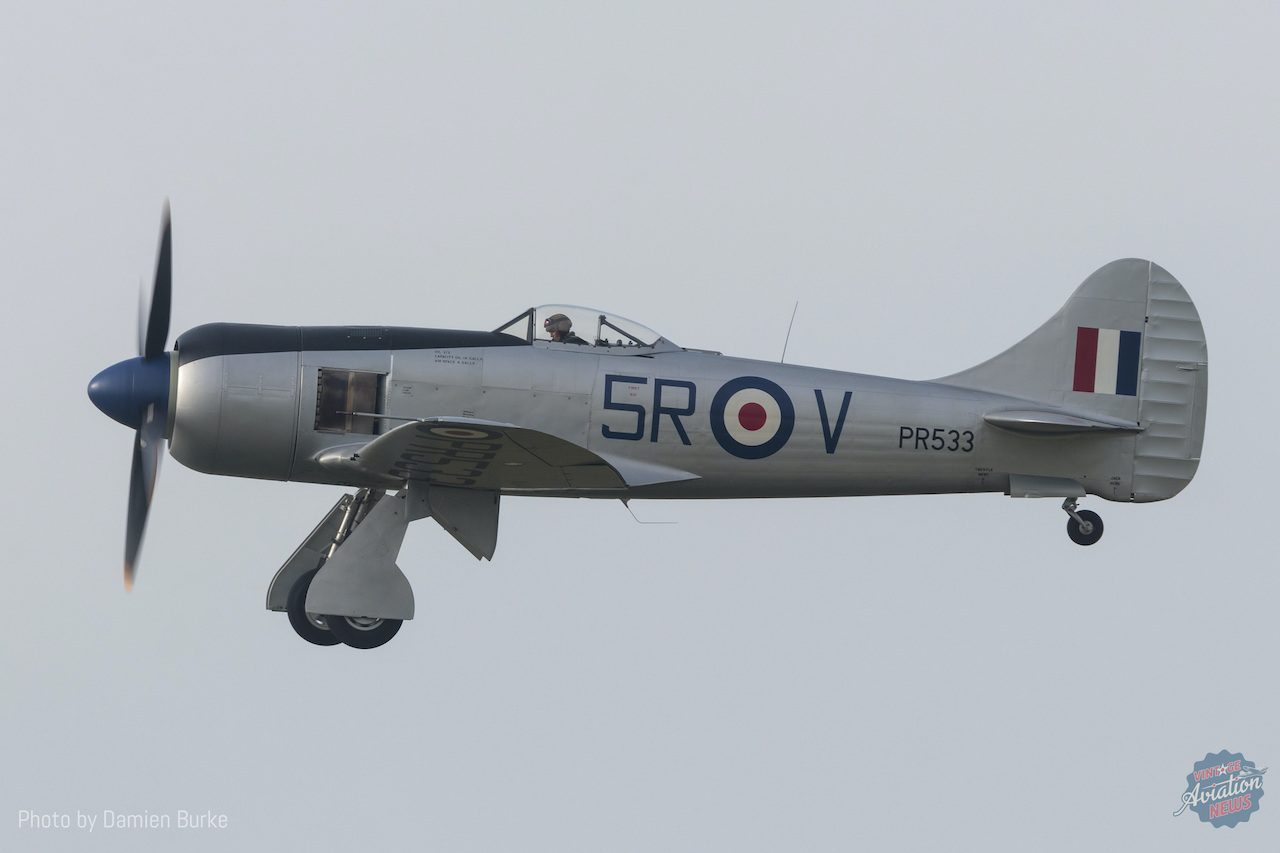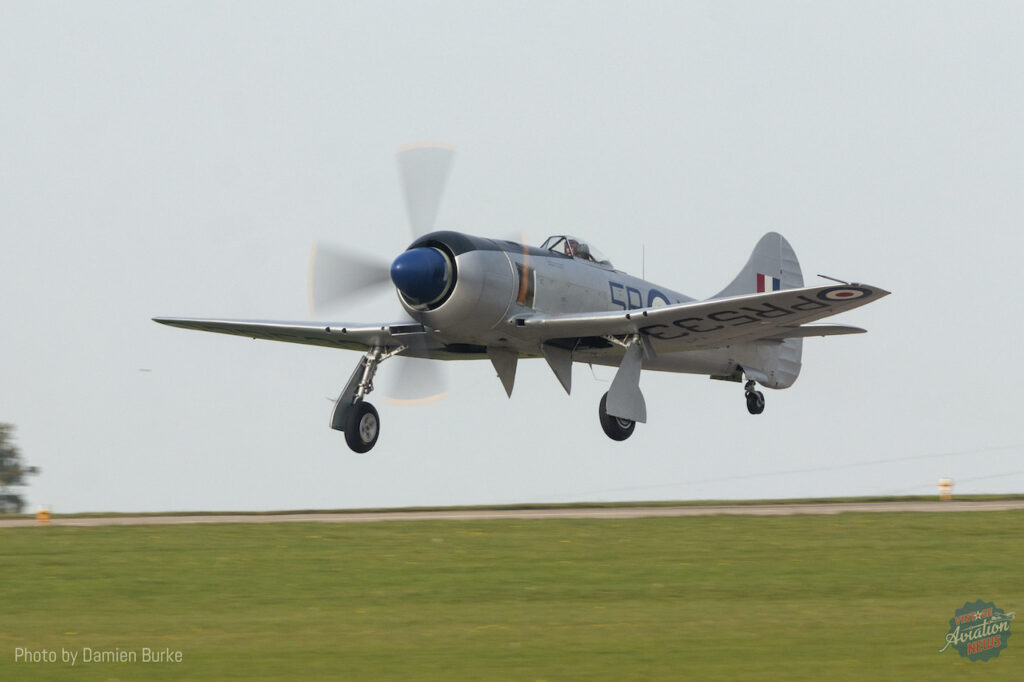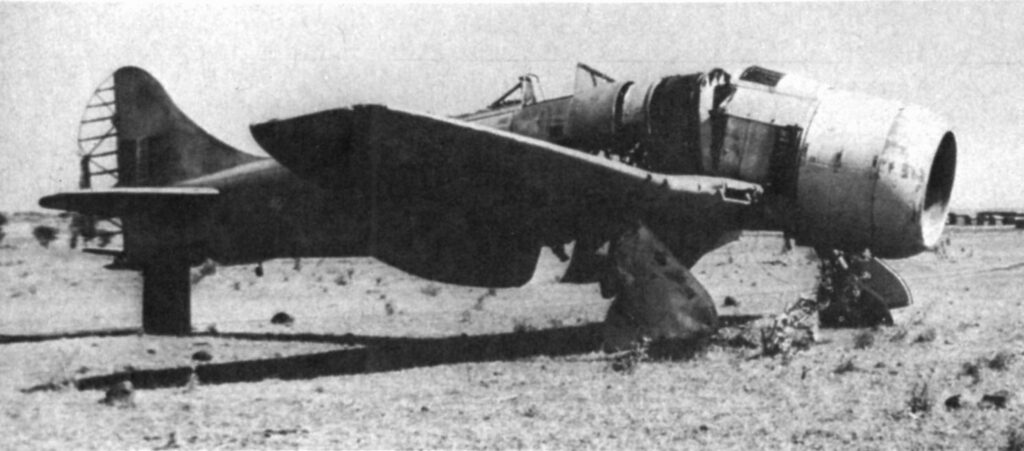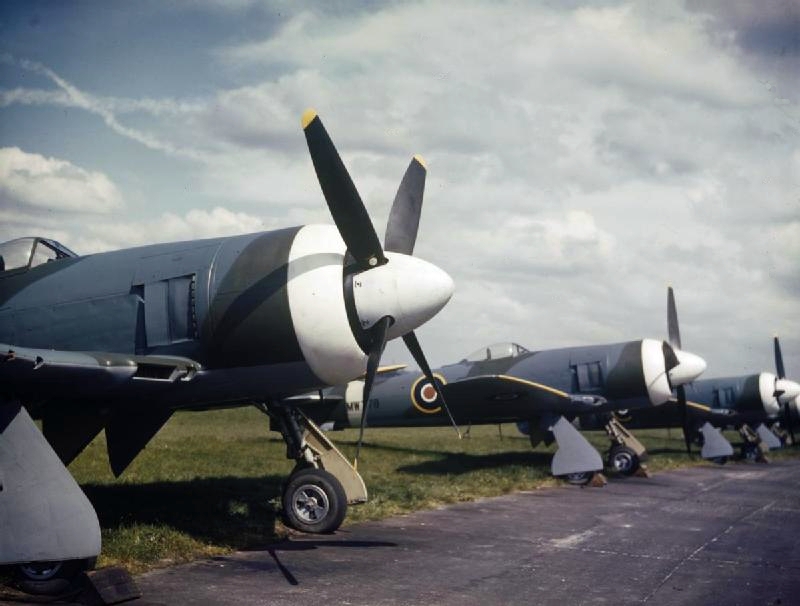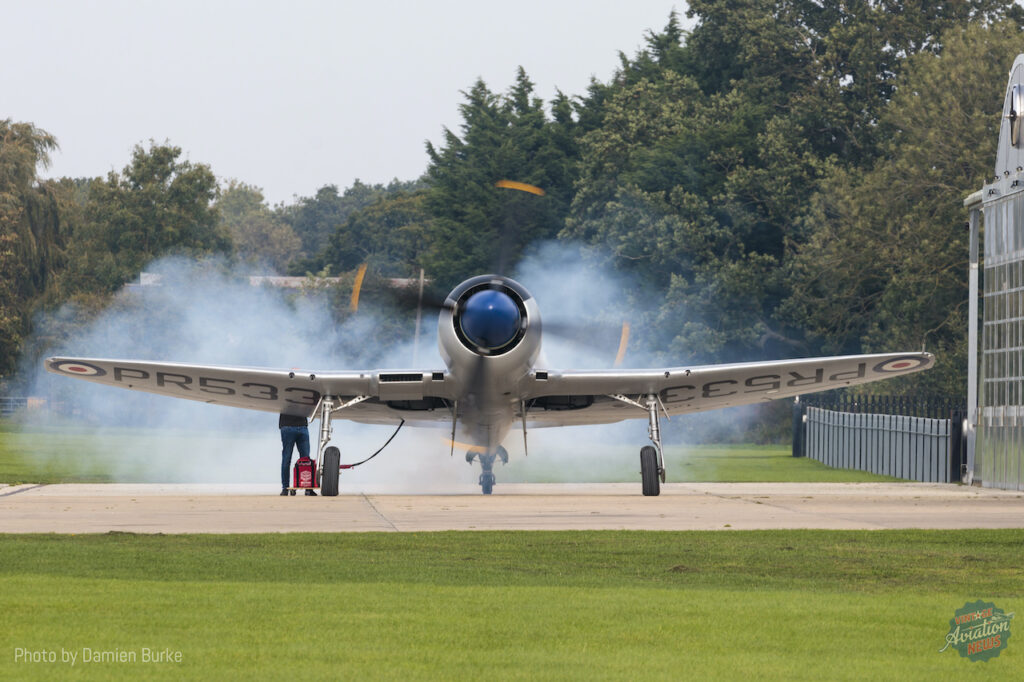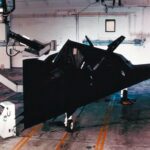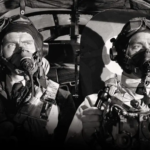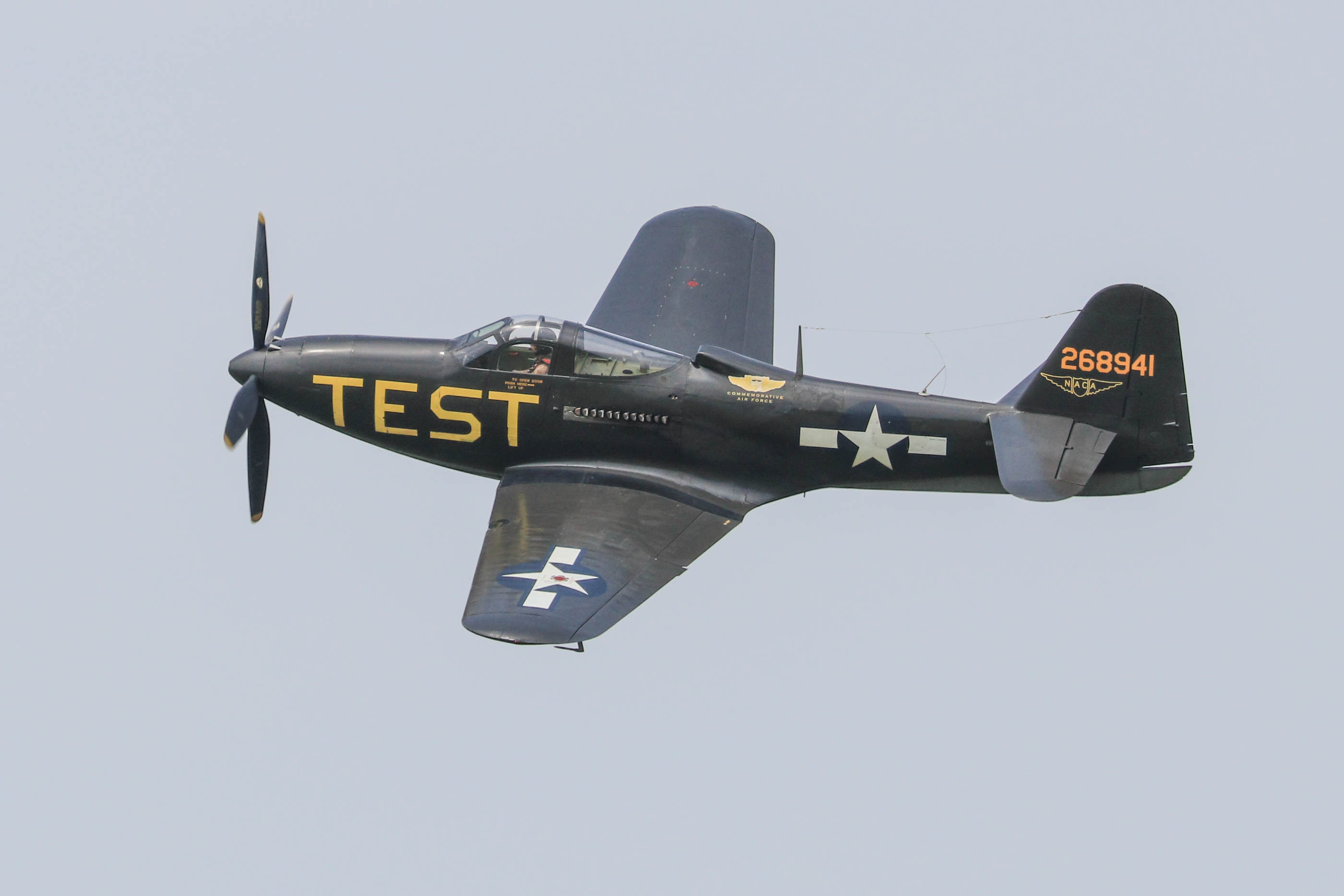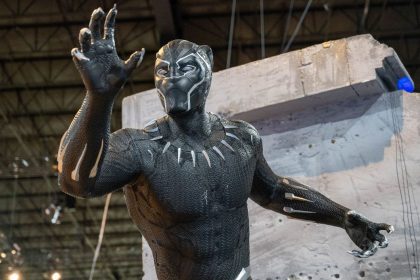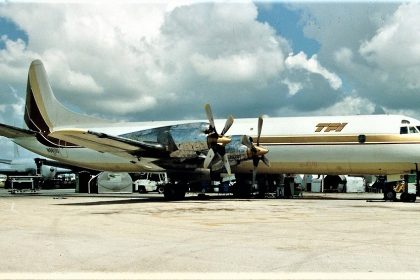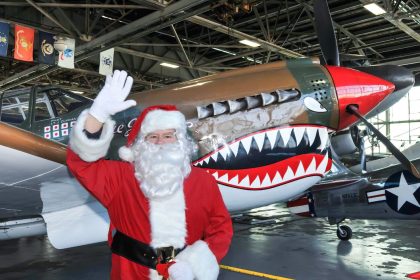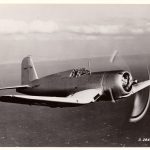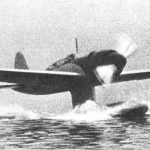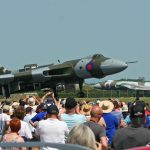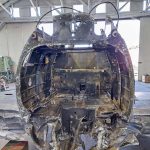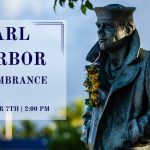The world finally has a flying Hawker Tempest! Pete Kynsey made the maiden post-restoration flight in Tempest Mk.II MW763 today (October 10, 2023) at Sywell Aerodrome in Northhamptonshire, England following the airframe’s extensive rebuild with Anglia Aircraft Restoration Ltd. This marks the first time a Tempest, of any marque, has flown in more than half a century. While the Mk.II arrived too late to see service in WWII, unlike the Mk.V, it was one of the most powerful, piston-engined fighter aircraft ever built, and a worthy successor to its forebear, the Hawker Typhoon.
MW763 rolled off Hawker’s assembly line at their factory in Langley, Berkshire during 1945. It was built to satisfy an Air Ministry contract (ACFT/2438/C.23(a)) for Britain’s Royal Air Force, but with WWII over and jet fighters on the way, the Tempest was soon surplus to requirements. Hawker purchased MW763 from retired RAF stocks in 1948, refurbishing the Tempest, along with a number of other examples, for the nascent Indian Air Force. It started its IAF service in 1949, joining No. 5 Squadron.
India retired most of their Tempests during the early to mid-1950s, using some of their moribund airframes (including MW763) as decoys at Poona Air Base. About a dozen Tempest IIs lingered at there as derelicts until the late 1970s, when the renowned warbird salvager, Doug Arnold, acquired a half dozen or so of the survivors in various states of disrepair. He shipped them back to Britain in 1979.
Arnold soon parted ways with the Tempests, selling them to Nick Grace and Chris Horsley in 1980. Brian Angliss acquired MW763 in 1988, and his company, Autokraft, began restoring it at Brooklands the following year. The project changed hands again in 1996, with Gerry Cooper’s Tempest Two Ltd taking over the restoration at Sandtoft. Progress seemed good at the time, with the airframe soon regaining its original RAF camouflage colors as MW763 and with the codes HF-L (of 54, previously 183 Squadron RAF) but despite this visual sign of progress, the Tempest didn’t make it past the final hurdles into airworthy condition until after Graham Peacock’s acquisition in 2014. Anglia Restorations took over the restoration, moving the project to their base at Sywell. They completed all of the structural and most of the systems work, barring the engine, about 18 months ago.
North Weald Heritage Aviation overhauled the now very rare Bristol Centaurus Mk.VI powerplant. It is presently the only airworthy example of this variant anywhere in the world, much like the aircraft it powers. Anglia Restorations repainted the Tempest to represent an example from RAF No.33 Squadron during the Malayan Emergency in the late 1940s. The aircraft looks magnificent in the air, as the accompanying images attest.
Many thanks indeed to Damien Burke for the photographs and to Ben Brown at the Sywell Aviation Museum for assisting with this article.







